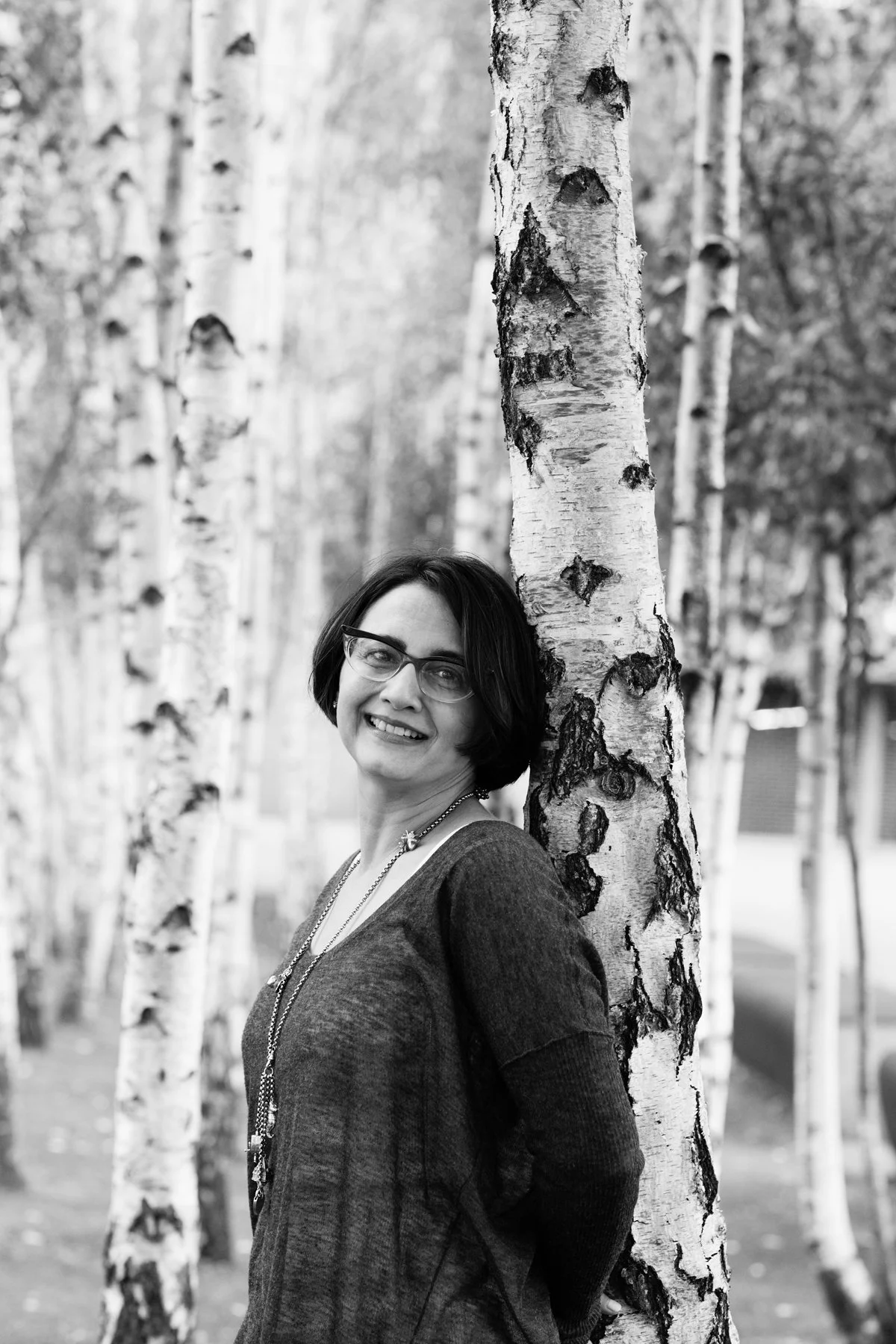Who I Am
I bring both credentials and real-life experience to my work as a Professional Life Coach. With a PhD in psychology and marketing, I began my career as a tenured professor at a leading business school. Since then, I’ve worn many hats—entrepreneur, charity leader, parent to two beautiful children, wife to my husband —and relocated my family across four continents. I am also a lover of art, food, countryside walks, and the occasional sauna.
I am no stranger to the pressures of work and family; the elusive quest for balancing the two. I know the excitement of stretching into new possibilities, the fog of uncertainty, and the clarity that comes from making tough choices and following them through.
My professional, academic and personal life experiences augment my Coaching training to serve you better – not by giving answers, but by partnering with you to guide reflection and lasting change.
I have coached clients from a range of backgrounds: academics, entrepreneurs, students and those just looking to make major changes in their lives. While experience and credentials matter, in the end what matters most is the indescribable sense of “fit” with your Life Coach. If what I have to offer intrigues you, I look forward to meeting with you and exploring further during a free discovery session.
MY COACHING METHOD
-

Active listening
-

Thoughtful insights
-

Actionable goals
Why coaching isn’t therapy
Coaching and therapy share some similarities—they both involve deep listening, reflection, and a commitment to personal growth—but their purpose is fundamentally different. Therapy is primarily concerned with healing: it helps people manage psychological distress, recover from trauma, and work through conditions such as anxiety or depression.
The therapist looks at how past experiences shape present difficulties and applies evidence-based clinical methods to restore wellbeing. By contrast, my Coaching starts from the premise that the client is already resourceful and not seeking treatment.
Coaching is future-oriented: clarifying goals, enhancing performance, and building resilience. A client comes to me not because something is “broken” but because they want to do better, whether that means finding balance, improving productivity, or navigating a career transition.
My role is that of facilitator and thought partner, helping clients unlock potential rather than diagnose problems. Put simply, therapy heals, while my coaching builds. Therapy often asks “why?” whereas coaching asks “what next?” But within its scope, coaching offers a powerful space for growth: not treatment, but transformation.
If in the context of our discussions it becomes clear that a client needs therapy, rather than coaching, I discuss it with them and refer them to trained therapists.
QUESTIONS? LET’S CHAT
HAVE QUESTIONS OR JUST WANT TO CHAT? BOOK A FREE CALL WITH ME



